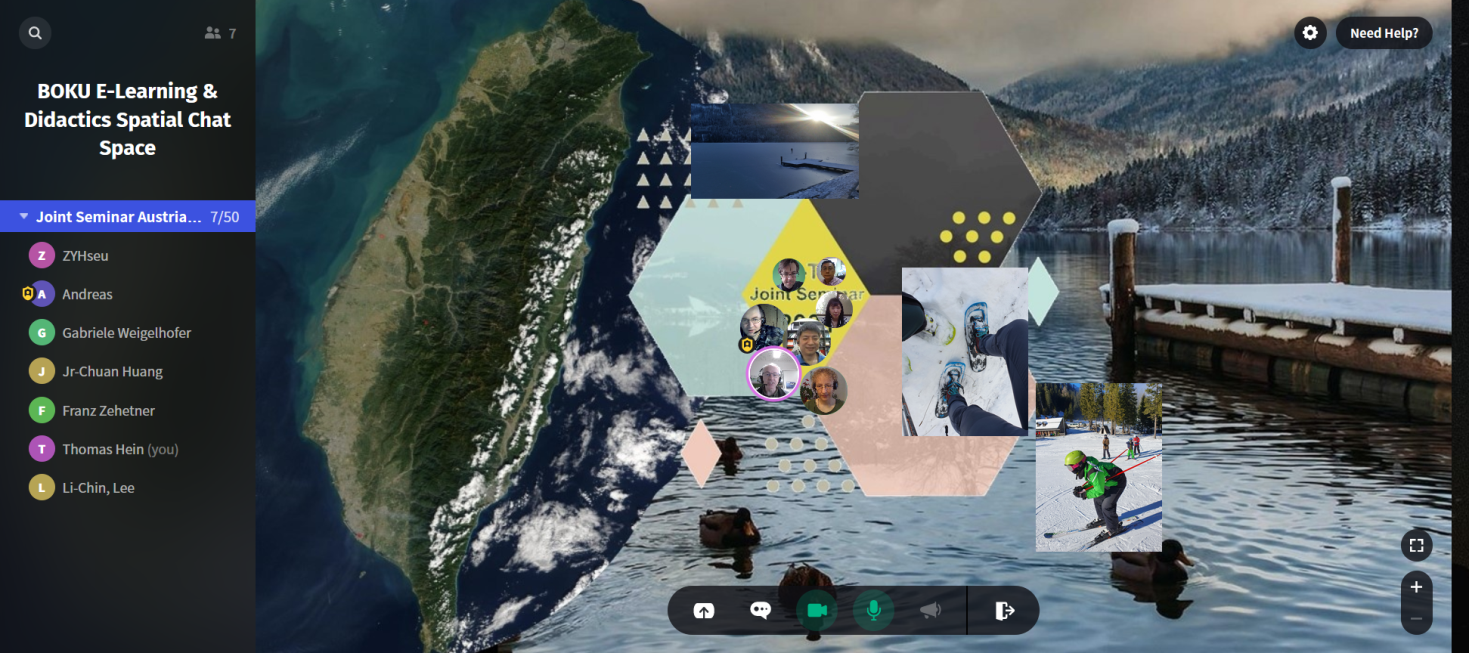Austrian/Taiwanese Online Seminar on “New Approaches for Sustainability & Climate Change Research”

Climate change and anthropogenic activities pose great challenges to natural systems and to humanity itself. These challenges are also being responded to with international collaboration in research and science, including between experts in Austria and Taiwan.
Experts from Austria and Taiwan have met together at seminars to discuss and develop joint projects to tackle on climate change issues several times.
Experts from Austria and Taiwan have previously participated in joint seminars to discuss and develop joint projects to tackle on climate change issues. Professors and researchers from the University of Natural Resources and Life Sciences, Vienna (BOKU), and institutions in Taiwan including National Taiwan University, National Chung Cheng University, and Academia Sinica have built up an important problem-oriented communication platform, facilitating in-depth dialogues between Austrian and Taiwanese scientists of different disciplines.
Austria and Taiwan both have valuable state-of-the-art research technologies with high potential for achieving breakthroughs in various fields of environmental research - for example, NanoSIMS, hyperspectral imaging, and multiple isotope tracers.
The most recent joint seminar, originally scheduled for 2020, was postponed because of the pandemic and then organized as a 3-day online seminar from February 22 to 24, 2021 with the title “New Approaches for Sustainability & Climate Change research”. Its focus was to identify fields for further cooperation and develop joint collaborative research activities and topics.
Nineteen scientists from seven academic institutions, including nine from five institutes and three departments at BOKU, met online and discussed recent developments in the thematic areas of weathering, soil formation, hydrology, biogeochemistry, and safety and sustainability of agricultural systems.
Topics of common interest were identified during the discussion rounds, and interest groups were formed to work on scientific objectives and formulate the next steps to set up one or more new joint projects. These will benefit from the complementary high-level expertise and research approaches contributed by all the seminar delegates. A potential topic is the effect of extreme vents on different components of the environmental carbon cycle.
The next traditional style joint seminar is planned for February, 2022. A common online platform was set up and this will be used until then.
